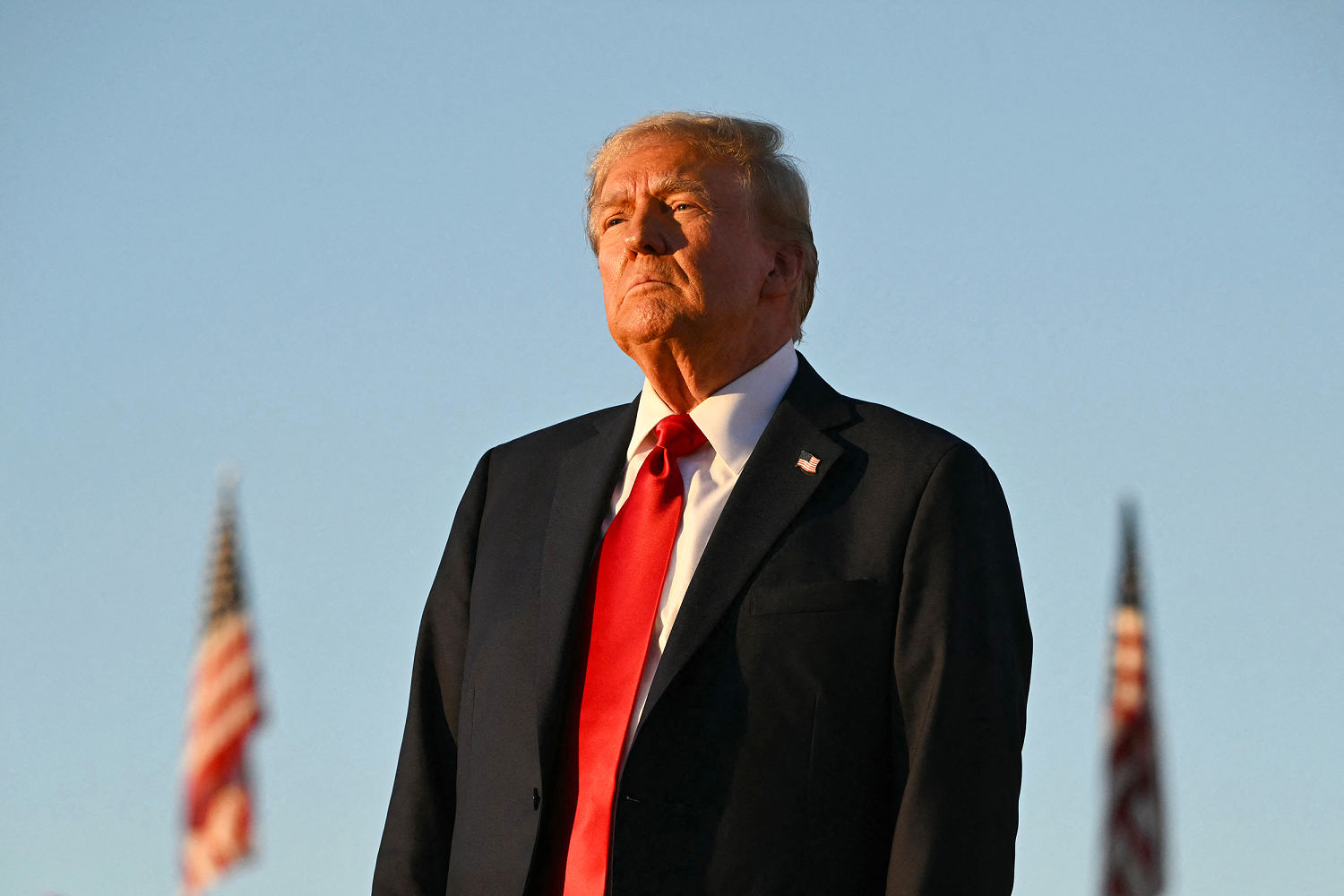Those wins counter emerging narratives from the U.S. petroleum industry that Trump’s sweep of these battlegrounds gives Republicans a mandate to move against Biden administration climate regulations and subsidies.
It also runs counter to the strategy followed at the top of the ticket by Vice President Harris, who backed away from climate messaging and espoused support for fracking in a vain attempt to win Pennsylvania.
In Arizona, Ruben Gallego won by 3 points in a campaign focused on expanding the state’s gains from federal clean energy investments like the Inflation Reduction Act (IRA) — plans his opponent, Kari Lake, pledged to repeal.
Meanwhile, in Nevada, incumbent Sen. Jacky Rosen — who ran ads touting a clean-energy future built on lithium mined in the state — fended off challenger Sam Brown with an additional 0.6 percent of the vote. Brown’s campaign was supported by Americans for Prosperity, part of the conservative network owned by petrochemical magnates Charles and David Koch, which accused Rosen of wasting a trillion on the IRA.
And in Michigan, Elissa Slotkin won the Senate race with a razor thin 0.3 percent margin after campaigning on her support for the IRA — defeating a campaign by Republican Mike Rogers, who ran ads falsely claiming the state would see nearly half a million job losses under the electric vehicle (EV) revolution, according to Politifact and The Detroit News.
In an election determined in part by concerns over the economy, clean energy can mean something much more immediate than a safer climate: A job. According to an analysis by advocacy group Climate Power, clean energy projects supported by the IRA have created 21,000 new jobs in Michigan, 20,000 in Nevada and 18,000 in Arizona.
To put that another way: Slotkin won in Michigan by a margin roughly equivalent to the number of new jobs the IRA had created, and Rosen by just 3,000 more votes than the number of new cleantech jobs in her state.
That’s a connection that Slotkin, in her campaign, made explicitly.
“If the fundamental question is 'Who do we want to make that next generation of vehicles?' you better believe I want that to be Michigan, not China,” she said, according to the Detroit News.




















